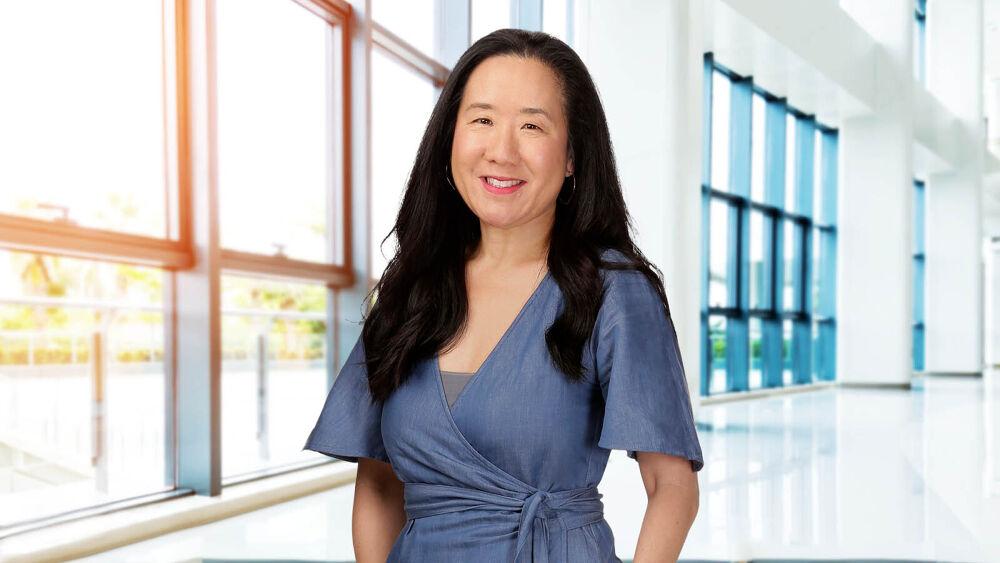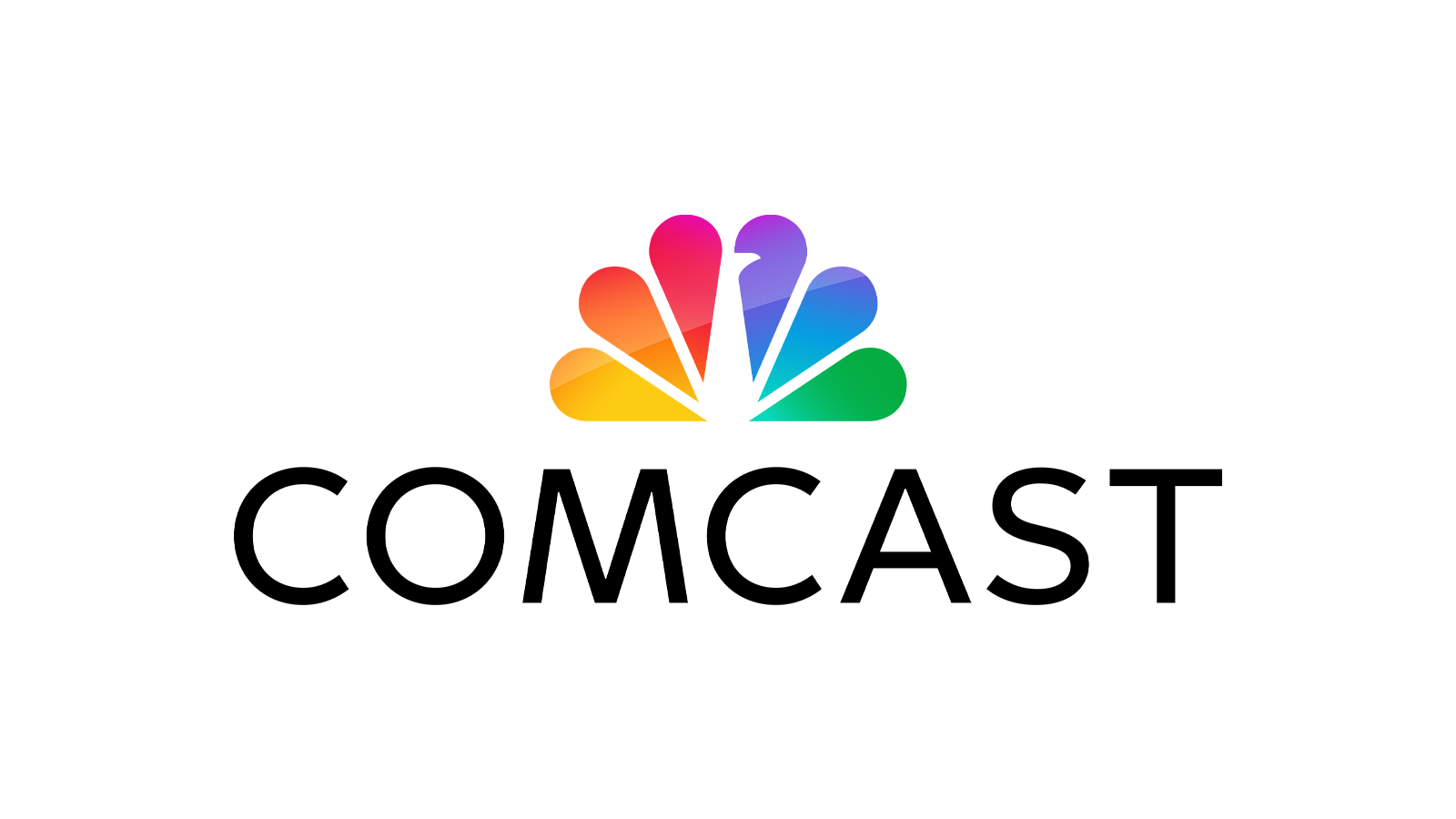Grace Wu: Bringing Diversity to Our Screens

Executive Vice President of Entertainment Casting at NBCUniversal Television and Streaming, Grace Wu has been at the forefront of hit shows, including, “This Is Us,” “Friday Night Lights” and “Parenthood.” She is also known as a fierce advocate of greater diversity on our screens. Wu spoke with MSNBC’s Mika Brzezinski for her KNOW YOUR VALUE “Women In Charge” series to discuss her career path, how she met the challenges of the pandemic, networking and more. Read their conversation below to learn more.
Q: How did you decide what you wanted to do for a career? Do you have any advice for young women who are trying to forge ahead in their careers, but don’t have support or networks?
A: I just really had this passion to work in entertainment, and I didn't know what it was going to be. I was fortunate enough to get a job as a production assistant on a television show starring Margaret Cho where I was able to see what everyone did. And I figured out that casting was what I wanted to do.
Working on Cho’s show “All American Girl” was such a watershed moment for me because as a young, Asian-American woman, I'd never seen an Asian-American family on television. So that was already just incredibly powerful.
And I think for me, I was fortunate to have mentors in casting who really helped me, because my parents weren't in the business. I lived in L.A., and while I had a lot of friends whose families were in the business, and I had some exposure to what that could be like as a career, at home, they didn't have any sort of contacts for me. And I don't think they really understood it.
I'm a parent now, and I can reflect on how parents just want security, and they want you to be in a profession that they understand that will provide financial security and a future for you. And so, to them, working in entertainment was so vague and strange. But I didn't let that discourage me. And I just kept going
Q: What's your advice to help young women not worry about what they want to do, but also find their passion?
A: Don’t be afraid to try new things. And frankly, when you try new things, you may have to start at the beginning, start at the bottom.
I think part of it is being resilient, not being discouraged, and willing to put your ego aside to start and admit that you don't know things. And that took a while. When you get older, you just have more confidence and it's OK to just say, "You know what? I don't know. Can you explain that again?" Or asking questions. And I don't know if I was really comfortable doing that until I was probably in my 30s or 40s. I feel like I'm still learning so much and finding my voice and knowing that what I say has value, but also acknowledging that people have things to teach me.
Q: When you moved from freelance, to the network and you found your footing, how did you do with that? What did you learn about advocating for yourself?
A: It really just took time for me to find my voice. When I was working as a freelancer, I was very lucky to work in a busy, successful casting office where the work just came in. It was just incoming calls, like, “OK, we have this project.” So, I never really had to worry.
And when I shifted to the corporate world, I certainly had a very cordial relationship with my boss, but I really had to figure out how I would find my path and figure out how I was going to be a real advocate for talent on the network side.
I started going to a bunch of meetings, working with studios and casting directors, and it took me, to be honest, it probably took me a few years to really understand how my role could actually be helpful. When you're in a big company like this, it's the constant churn of work and there's such a volume and there's such a pacing of things that sometimes you don't feel like you have the chance to actually stop and think about what your contribution is going to be.
I really attribute a lot of my success to developing relationships with our writers and executives. It took my ability to kind of connect and make connections with my colleagues and my peers so that I could be someone that they would feel like I was their partner, their champion, that we would help identify material and make things happen.
Q: What is it like being Asian American in entertainment casting? Is there an issue with equity and inclusion that you would like to address?
A: Well, when I was first starting out, I certainly didn't see a lot of people like me in casting, or frankly, younger talent coming through. But in the last 20, 25, 30 years, I've seen so many more young Asian-American casting executives, talent at all the graduate programs. I don't know if I ever felt like I was diminished because of my race and ethnicity. But I also think that there were moments certainly yes, where I think people might've said things that they thought were jokes but were actually kind of attempts to just reduce me to a stereotype.
But I was always kind of dismissive of any sort of bias because I just always felt like, “Well, I'm not going to let that person or that remark be an obstacle for me to finish my work or even enjoy this meeting that I'm in.” I do have that ability to kind of erase or just kind of dismiss people that I think are negative or toxic or disrespectful because it's not going to help me.
Asian Americans are seen as hard workers and loyal, but maybe not always leaders, and that's something that I probably had to overcome. But I just try to then make my own impression and let people know that I'm not someone that can be dismissed or ignored.
Q: How did your job change during the pandemic? Did you employ some skills that you never knew you had, or you don’t usually use? Any extreme challenges or revelations about your job or your skills?
A: The beginning of this pandemic, there was so much confusion and figuring out what this meant and working from home. Everyone was trying to figure out this crash course of how are we balancing home and work. I was honestly stressed and scared.
And I remember for the first week or so, I was just kind of paralyzed. I didn't really know what to do and then I realized that we're all going through the same thing. We're all feeling the same kind of fear and insecurity. Let's all at least get on these Zooms together every day, including our assistants and let all of us just see each other's faces and just talk and be connected and share what's going on. I found that to be so empowering.
And I would say the first couple months, I looked forward to these daily meetings that I had with my team, because they would go on for honestly, sometimes up to like 90 minutes. I would be on Zoom talking about our days, like "what are we going to do?" And "I'm afraid to leave the house. I don't know how to do the grocery shopping," things like that. But we just kind of all got through together. I'm very proud of that. Because I feel like that brought us all closer.
Read Grace’s full conversation with Mika here.

